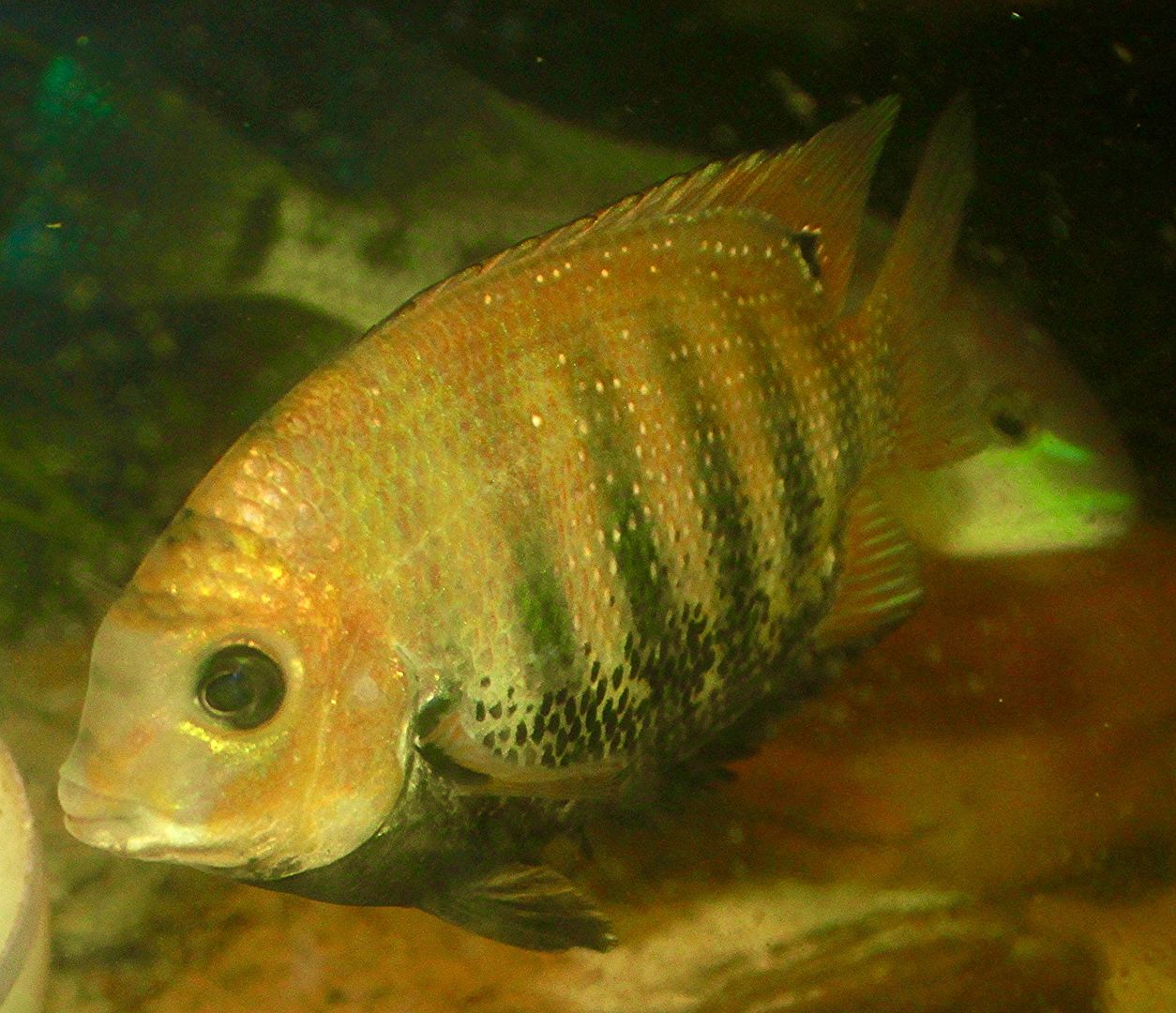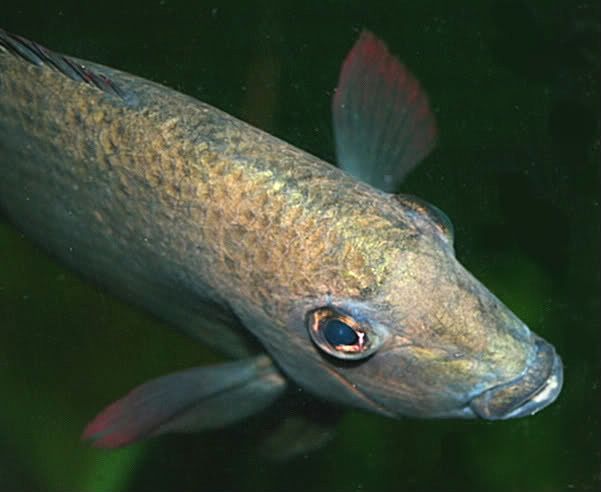There are only two cichlid species in Asia, and both need hard, brackish water to thrive. I have no experience with them, I doubt they will do well in soft fresh water.I am just wondering for example, why are we only making a big issue with South American soft water cichlids living in hard water? What about Asian soft water fish? Why do we not hear much about them suffering water related issues when kept in hard water?
It seems to me that the popularity of the relatively large South American cichlids, combined with them often being kept in overstocked tanks, plus their aggressive and territorial nature and the habit of fish keepers of combing several aggressive fish in the same tank, could be contributing majorly to the health issues those fish tend to have.
I personally have not tested nitrates in years. I test only TDS. I pretty much do enough water changes so I don't ever get a rise between tank and tap. I consider high oxygen content as the most important parameter so I try mitigating any factors that maybe sucking up oxygen in the tank, that includes not overstocking the tanks, removing organics, keeping good surface agitation and relatively high flow, keeping pre-filters on my intakes and not using my filters as siphons, keeping plants.I keep soft water fish in hard water...I have not noticed any issues.
I'd say very few people keep their fish in water close to that of their natural habitat. Even if some think they do, they probably don't. Keeping for example fish in water with very low conductivity/TDS is very difficult, if impossible in aquariums due to the lack of buffering in the small body of water. In fact, soft water fish kept in straight RO water or water with very low conductivity lacking buffering capacity, will often have even bigger issues. In nature such waters are buffered by humic and fulvic substances. We can't replicate that in a small scale such as aquariums because the aquariums are also a dump for fish urine... If we can, it is extremely difficult and requires very good understanding of chemistry plus constant care to keep things stable. The point is, the fish will do better in slightly harder buffered water.
Also, how many cichlid keepers own a TDS meter? Having a low pH does not equate to soft, low conductivity/TDS water to which these fish are adapted. In insufficiently maintained tanks the TDS tends to rise progressively and the pH tends to drop, the water becomes acidic but not soft...., yet most people only measure nitrates...
Labyrinth fish are the Asian equivalent of cichlid. They are known to get HITH, and I’ve seen it in giant guarami. Most aquarium labyrinth are small fish, so you can hardly see holes, similar to seeing holes in tetras suffering from neon tetra disease. There are few labyrinth keepers besides betta, so you rarely hear anything about them.
Asian shrimp keeping is popular today. Caradina shrimp are sensitive and mandate soft water to thrive and multiply. Neocaradina shrimp can tolerate harder water. Amano shrimp, on the other hand, need brackish water to multiply.
I’m a cichlid keeper and own a tds meter for years to check water parameters. Now I use it to check when I need to do WC in my shrimp tank. Cichlid are less sensitive to tds than inverts except for breeding black water species.









